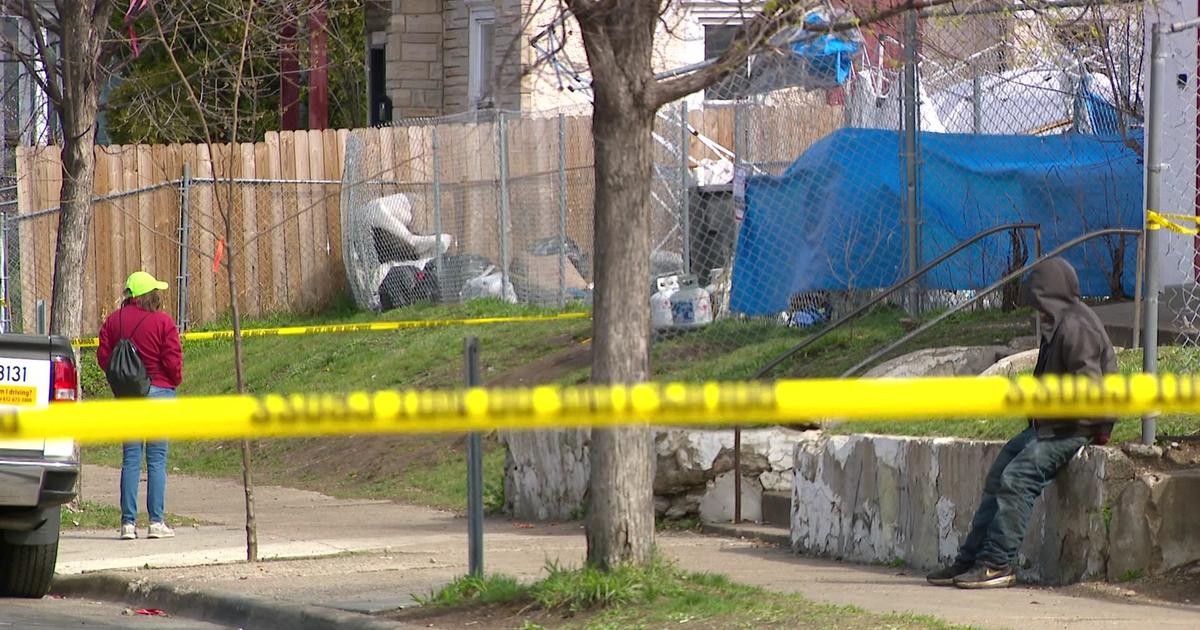Reality Check: Fiscal Cliff Avoided, But Pay Checks Still Shrinking
MINNEAPOLIS (WCCO) -- It doesn't seem to be quite the deal that any politician in Washington wanted, but Congress and President Barack Obama did manage to steer the country away from the fiscal cliff.
Late Tuesday night, the House signed off on a bill that will prevent a middle class tax hike and delay automatic spending cuts. The bill, which is waiting for the president's signature, raises taxes on families making more than $450,000 a year and extends long-term unemployment benefits for a year.
It does not, however, include spending cuts, or Social Security or Medicare reform. Lawmakers on both sides of the aisle expressed their discontent with the agreement.
"I hate this agreement. I hate it with every fiber of my being," said Sen. Kent Conrad, a Democrat from North Dakota.
Republican Rep. Steve LaTourette of Ohio summed up the political conflict like this: "Quite frankly, the president won't show the leadership to make the move on the entitlement side, and we've been slow to the dance on the revenue side."
Another showdown is just around the corner.
In two months, the Treasury Department needs to increase the amount of money the country can borrow, and lawmakers will need to sign off.
How The Agreement Affects You
But despite the agreement, most of us will still be paying more in taxes -- even if we're not rich.
In fact, the Social Security tax is going up by 2 percentage points on all incomes up to $113,000. So, you will see a smaller paycheck.
If you make $50,000, your tax hike is $1,000. That's $35.71 less on every two-week paycheck. If you make $75,000, your tax hike is $1,500. That's $53.57 less per paycheck.
It's the first income tax hike in 20 years in this country.
But that's not the whole story.
Congress made permanent Bush income tax cuts for middle class Americans. But those do not apply for high income earners.
Families earning from $500,000 to $1 million a year will see average tax hikes of about $15,000. Tax hikes for incomes above $1 million a year will average about $171,000.
There are no spending cuts, but there is $100 billion in special tax perks for the following:
-- $430 million for Hollywood tax breaks.
-- $331 million for railroads.
-- $222 million for tax credits on Puerto Rican rum.
-- And $70 million for NASCAR tracks.
The bill prevents expected cuts in Medicare reimbursement payments to doctors, extends unemployment benefits for another two years, and it sets the estate tax to a graduated top rate 40 percent, up from 35 percent in 2012.
While Congress was able to preserve about 80 percent of the George W. Bush tax cuts, but 77 percent of all workers will see some kind of tax hike.
Not Over Yet
This was the bare minimum that Congress and the president could do, and there are more big crises on the horizon.
There are no automatic budget cuts in this bill; they put off that debate until March. That's also about the time the next debt ceiling debate hits.
Here are some of the sources we used for this Reality Check:
"Fiscal Cliff" Bill
http://www.govtrack.us/congress/votes/112-2012/h659
Tax Policy Center Analysis
http://www.taxpolicycenter.org/numbers/displayatab.cfm?template=simulation&SimID=462
Percentage of Households Getting Tax Increase in 2013
http://blogs.wsj.com/washwire/2013/01/01/tax-bill-analysis-77-of-households-to-see-tax-increase/
Tax Perks in "Fiscal Cliff" Bill
http://www.usnews.com/news/articles/2013/01/02/fiscal-cliff-pork-asparagus-nascar-rum
Tax Increase Coming for Most American Workers
http://www.google.com/hostednews/ap/article/ALeqM5iFJJ5t6z0jZGoblNq4ibSb1SNsBA?docId=ed561668c4b5407aa30f52366da6d56b



